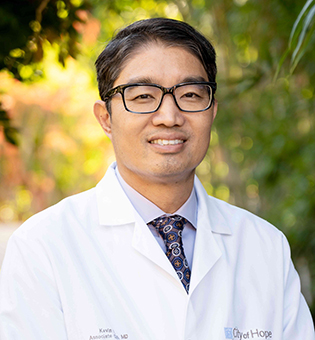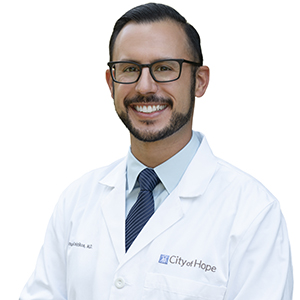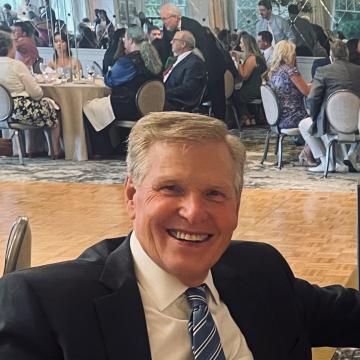Urethral Strictures
A urethral stricture is a narrowing of the urethra that makes it difficult for a man to pass urine. The narrowing can occur anywhere along the urethra, from the bladder neck to the end of the penis. It may be caused by scarring from an injury, infection or swelling. When a narrowing in the ureter occurs, the kidney cannot function normally and will be damaged over time.
The urethra runs through the prostate, which surrounds it like a doughnut. It comprises three sections, and urethral strictures can occur in any part. Treatment depends on any prior treatments and the location and cause of the strictures.
Diagnosing urethral strictures usually involves a combination of radiographic imaging and cystoscopy. We use tests like retrograde urethrogram, cystoscopy, voiding cystourethrogram, flow rate and residual urine assessment and urine culture.
Most urethral strictures can be treated with surgery, specifically a urethroplasty, which repairs the narrowing of the urethra through an incision in the perineum (between the anus and the scrotum).
When you come to City of Hope, you automatically gain access to an unparalleled array of support services to help you and your loved ones take each step during and after urethral stricture treatment.

City of Hope is a nationally recognized leader in researching and treating urologic cancers and has been named by U.S. News & World Report as one of America's top urology and cancer hospitals.
Just as no two patients are alike, urethral strictures require a personalized treatment plan to attain the best possible outcomes.
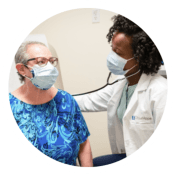
City of Hope is one of the few facilities designated a comprehensive cancer center by the National Cancer Institute.

Our developments in the areas of breakthrough cancer drugs, bone marrow transplants and CAR T cell therapy are recognized internationally.

Our leadership in research and innovation continually enhances our ability to provide novel and differentiated approaches to cancer care.
Kevin Chan, M.D., is a urologic surgeon specializing in bladder cancer and surgical treatment of male urinary incontinence.
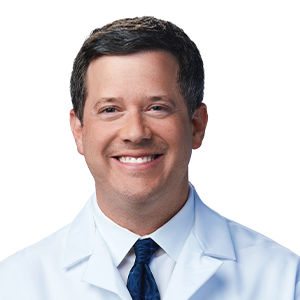
Seth Cohen, M.D., is a urologic surgeon with a focus on female pelvic medicine and reconstructive surgery at City of Hope's community practice sites in Orange County.
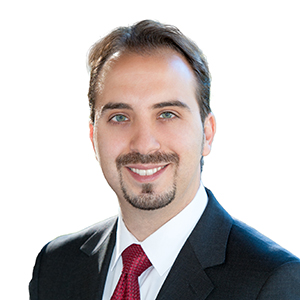
Donald Hannoun, M.D., is a surgeon practicing urology and urologic oncology at City of Hope | Antelope Valley and Santa Clarita.
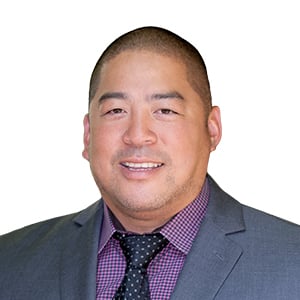
Clayton Lau, M.D., is chief of the Division of Urology and Urologic Oncology and an expert in prostate cancer.

Diana Londoño, M.D., is a urologic oncology surgeon in the Department of Surgery.
Emmanuel Mitsinikos, M.D., is a surgeon and assistant clinical professor in the Department of Surgery, Division of Urology and Urologic Oncology at City of Hope Upland.
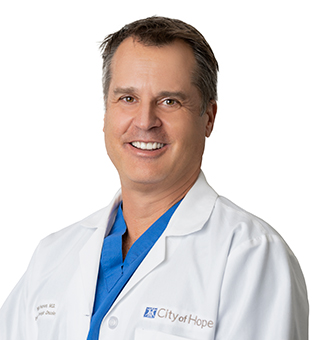
Philip G. Pearson, M.D., is a urologic surgeon at City of Hope's community practice site in Pasadena, California.
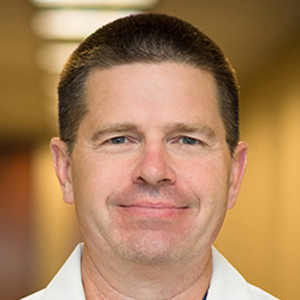
Roger Satterthwaite, M.D., is a urologic surgeon specializing in surgery for prostate, kidney, bladder and testicular cancers.

Kristina Wittig M.D., is a urologic surgeon at City of Hope | Antelope Valley in California.
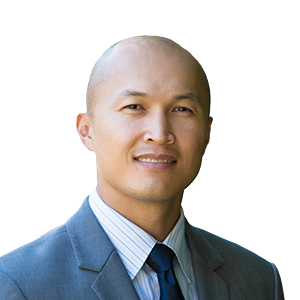
Jonathan Yamzon, M.D., is a urologic oncology surgeon and an associate clinical professor of surgery.

Bertram Yuh, M.D., is a urologic surgeon at City of Hope's Duarte and Pasadena locations.
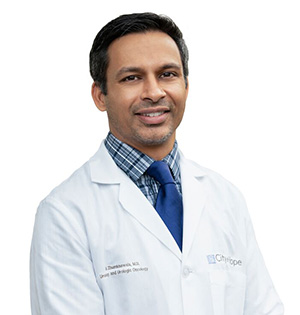
Ali Zhumkhawala, M.D., is a urologic oncology surgeon specializing in the treatment of prostate, testicular, bladder and kidney cancers.
